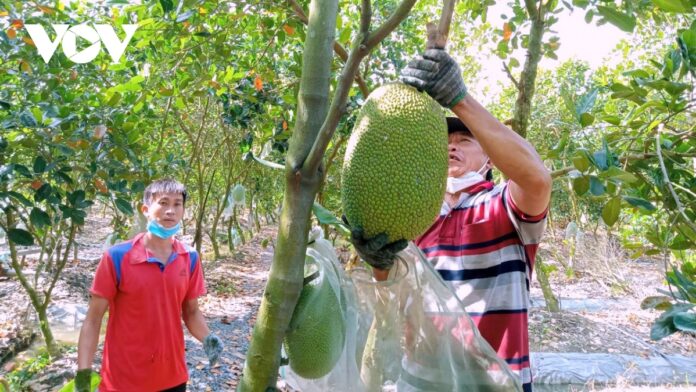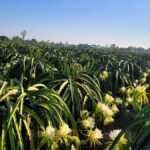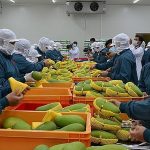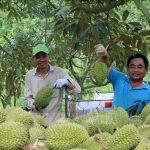In 2023, Vietnam’s vegetable and fruit exports reached over $5.6 billion, and the export market continues to expand. This year, vegetable and fruit exports are expected to surpass $6 billion.
The Mekong Delta region is a significant agricultural exporter in Vietnam. The region currently contributes significantly to the country’s fruit exports, with high-value crops such as durian, mango, grapefruit, longan, and breast milk fruit, among others. These fruits are exported to markets such as the US, Australia, the EU, Japan, and China.
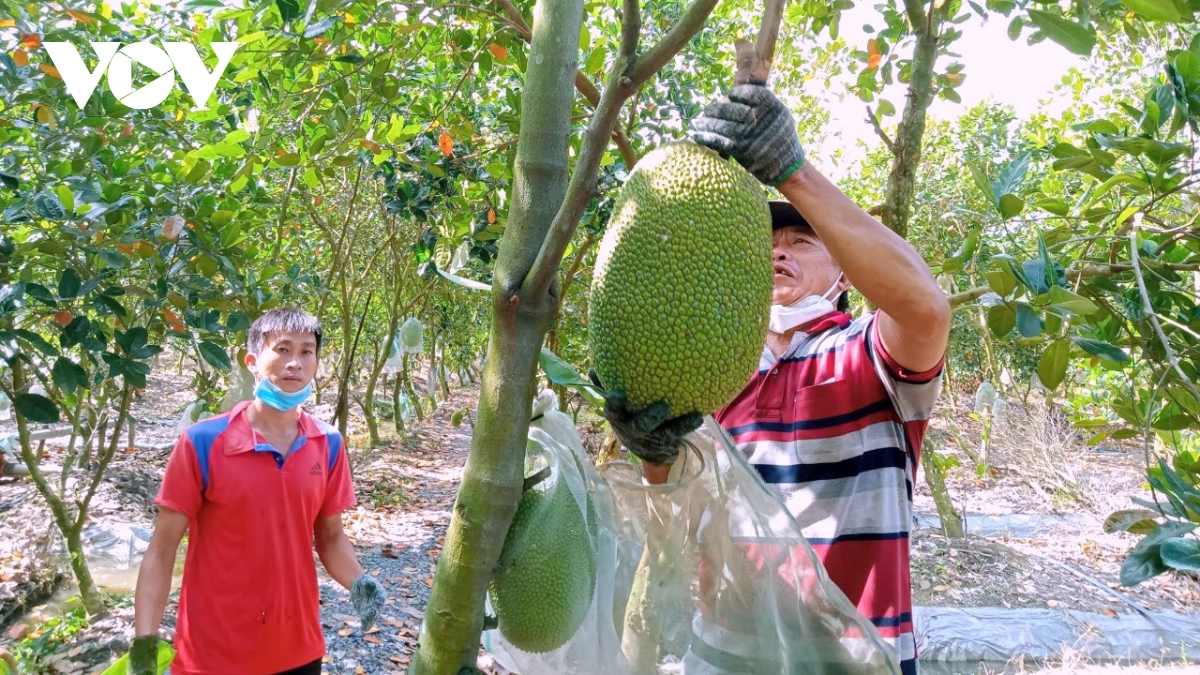
The Mekong Delta region has approximately 370,000 hectares of fruit trees
According to the Ministry of Agriculture and Rural Development, the Mekong Delta region has approximately 370,000 hectares of fruit trees, including high-value crops. These trees are grown in specialized farming areas, connecting farmers with cooperatives and businesses for consumption and export. However, the region has not yet fully capitalized on its advantages due to small-scale and fragmented cultivation areas and weak linkages, making it challenging to establish a sustainable brand.
Vietnamese fruits are now exported to 60 markets and territories. According to Ms. Phan Thi Thu Hien, Director of the Post-Import Quarantine Center II – Plant Protection Department (MARD), to export to these markets successfully, farmers and enterprises must pay close attention to the requirements of each market to ensure a smooth export process.
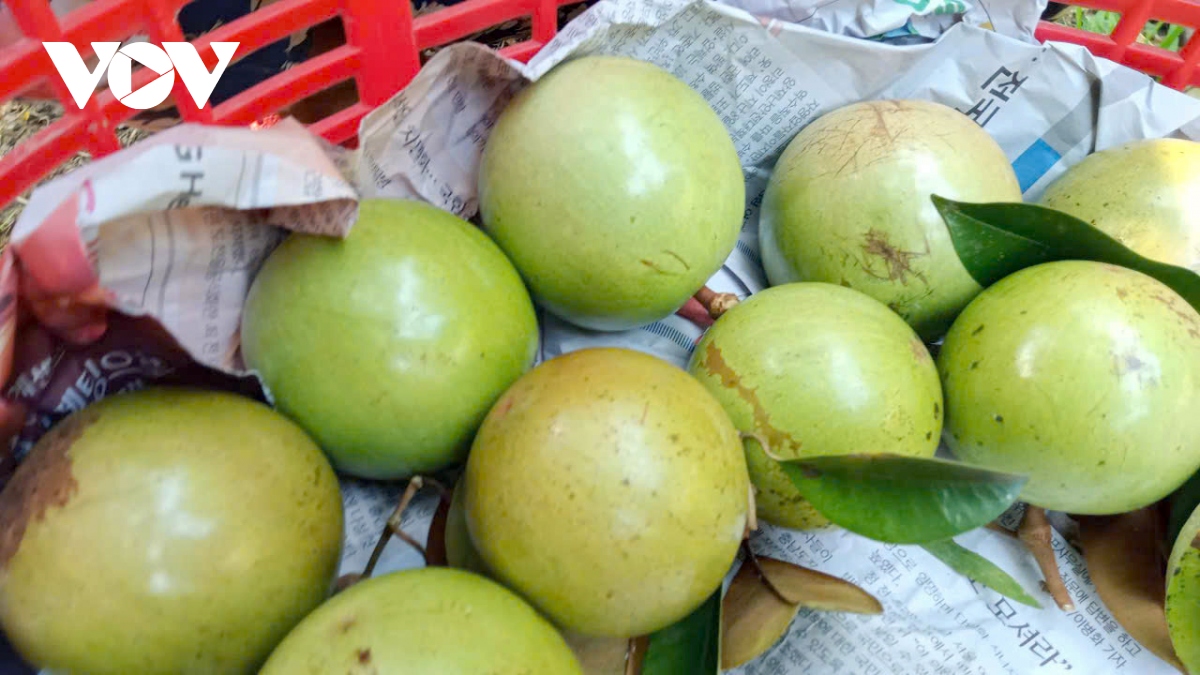
The Mekong Delta region, Vietnam’s fruit basket, has yet to capitalize on its advantages
Each importing market has its own set of regulations, ranging from food safety and hygiene to quarantine requirements for exported products. Therefore, it is crucial for exporters to understand these regulations thoroughly.
“The requirements for fruit imports from different countries can be divided into two groups,” explained Ms. Hien. “The first group has basic requirements, ensuring that the fruits are free from pests and residues of plant protection products. The second group has more stringent requirements, typically associated with demanding markets such as the US, Australia, Japan, and South Korea. These markets have strict phytosanitary protocols that must be met.”
Farmers in the Mekong Delta Region Transform Their Lives through Agricultural Economy
Agricultural production plays a crucial role in the Mekong Delta region. Especially since the issuance of Resolution 13 by the Politburo of the 13th Party Congress on the direction of economic and social development, ensuring national defense and security in the Mekong Delta region until 2030, with a vision towards 2045, and Resolution 120/NQ-CP by the Government on sustainable development in the Mekong Delta region, conditions have been created for the economic development of the region.
A Sunny Outlook for Vietnam’s Fruit and Vegetable Exports
According to the Ministry of Agriculture and Rural Development, fruit and vegetable exports reached $3.4 billion in the first half of 2024, a significant 28% increase compared to the same period last year. Vietnam’s fruit and vegetable exports are forecasted to remain on this positive trajectory, with the agriculture industry working closely with local authorities to establish specialized farming regions linked to value chains, building on this momentum to drive further growth.
Exporting the “Queen of Fruits” Reaps $1.5 Billion
In the first half of the year, durian was crowned the “queen of fruits” with its impressive export value. Accounting for 40% of the total fruit export revenue, durian reigned supreme with a whopping $1.5 billion in exports.

